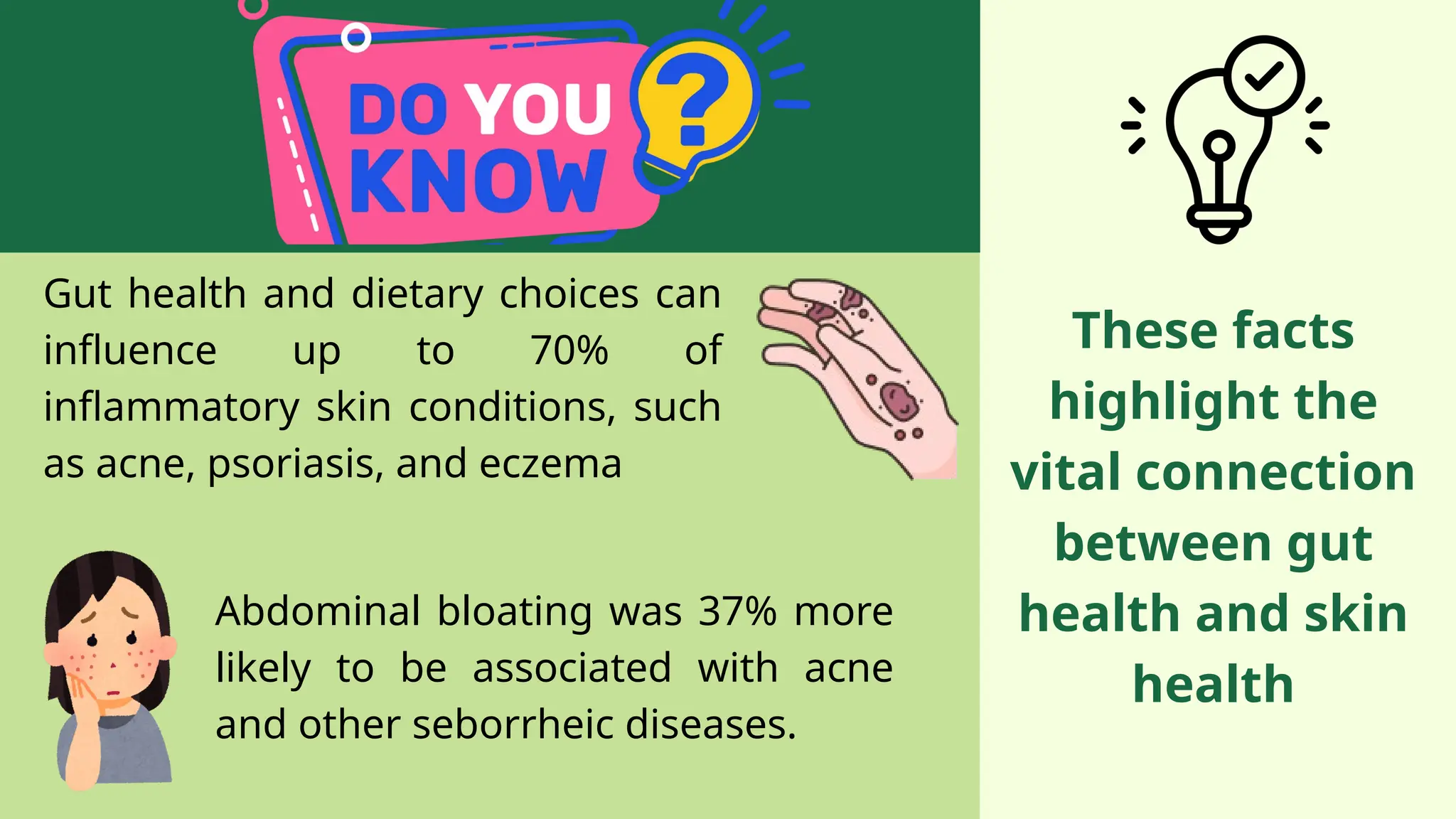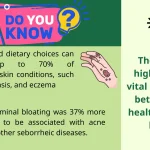Health is a condition where disease and infirmity aren’t present. It is the result of a person’s ability to cope with adversity. Some definitions have been in use for several different purposes over the years. To make your health care more effective, you must first be able to know what constitutes health.
In order to get the most out of your health, you need to live in an optimal state of health. This means that you should have a good diet, regular exercise and avoid the risk factors associated with diseases. The definition of an optimal state varies from person to person. In general, however, it includes having a balanced diet and doing regular physical exercises.
There are several risk factors that can cause illness and wellness. These include age, genetics, ethnicity, gender, lifestyle, general health, nutrition, infectious disease, and medical conditions. Each of these risk factors impacts your wellness.
People who are elderly or have disabilities may find that they become more susceptible to illnesses and physical problems. Age is the primary factor that affects your physical well-being. The older you get, the lesser your mobility, memory, and other physical abilities become and the higher your risk for illness and diseases. Genetics can also play a significant role in whether or not you will develop serious illnesses and diseases. If one or both parents or a sibling has a serious illness or physical disability, your chances of developing these problems increase.
Stress can be a major factor in your physical and mental health. Aside from leading to unhealthy weight gain, stress has been linked to increased blood pressure, stroke, anxiety, high blood cholesterol, and poor immune system function. It can also affect your mood, your sleep, your energy level, your physical and mental health, and your relationships. It is essential that we maintain a good mental health, and one way to do so is to manage our stress levels.
In today’s world, physical activity is essential for our well-being. This is especially true in the United States, which is one of the most developed countries in the world. A healthy lifestyle is very important to all of us, and this includes a healthy diet, exercise, and stress management techniques. People who lead healthy lifestyles are less likely to develop health problems. These same people are less likely to experience a wide range of occupational health problems.







 Adapting Fitness and Nutrition for Long-Term Healthspan in Peri-Menopause and Menopause
Adapting Fitness and Nutrition for Long-Term Healthspan in Peri-Menopause and Menopause  The Intersection of Skin Health and Metabolic Wellness: It’s More Than Skin Deep
The Intersection of Skin Health and Metabolic Wellness: It’s More Than Skin Deep  Adapting Strength Training for Individuals with Autoimmune Conditions and Chronic Fatigue
Adapting Strength Training for Individuals with Autoimmune Conditions and Chronic Fatigue  Gentle Fitness for Long COVID Recovery and Energy Management: A Compassionate Guide
Gentle Fitness for Long COVID Recovery and Energy Management: A Compassionate Guide  The Future of Teledentistry: Remote Monitoring, Consultations, and a New Era of Preventive Care
The Future of Teledentistry: Remote Monitoring, Consultations, and a New Era of Preventive Care  Comprehensive Dental Wellness Strategies for Peri-Menopausal and Menopausal Women
Comprehensive Dental Wellness Strategies for Peri-Menopausal and Menopausal Women  The Intersection of Gut Health, Probiotics, and Acne Management: A Clearer Path to Skin Wellness
The Intersection of Gut Health, Probiotics, and Acne Management: A Clearer Path to Skin Wellness  Acne-Safe Makeup: How to Look Flawless Without Clogging Your Pores
Acne-Safe Makeup: How to Look Flawless Without Clogging Your Pores  Telehealth for Pink Eye: Managing Symptoms Without Leaving Home
Telehealth for Pink Eye: Managing Symptoms Without Leaving Home 